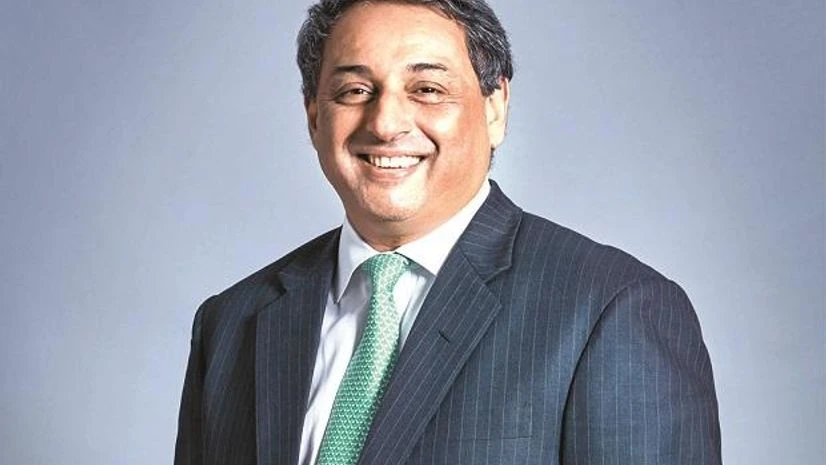India's economy is expected to grow 7.5-8 per cent this fiscal year with exports playing a key role in the country's success story, CII President TV Narendran said on Monday.
However, he said the country needs to remain prepared for any fallout of next wave of COVID-19 pandemic, and the impact of the ongoing Russia-Ukraine war.
"We are confident that the economy can retain a high growth trajectory this year. So, we are very optimistic on the export front. Exports will be a key component of India's success story going forward," Narendran said.
In an interview to PTI, the President of the industry body said the resurgence of COVID globally will have an impact on the global supply chain and CII's India economic growth estimate of 7.5-8 per cent in the current fiscal factors these developments.
"The experience with COVID shows that every time there is a fresh wave globally, it does hit India as well. Therefore, we must be prepared for the future waves," he said.
Also Read
According to him, the industry has in place well defined safety protocols and has really moved up the learning curve in managing COVID and in its ability to continue to operate safely even as infections rise.
"Therefore, in our view we are much better prepared to deal with the next wave. In terms of immediate action, administration of precautionary dose and the vaccination of below 18 years could be expedited. People need to be reminded of the importance of COVID appropriate behaviour and hence reminder campaigns are important," the CII President said.
He said in the past the strategy of micro-containment has worked well for India, adding that the industry body does not anticipate a scenario of re-imposition of major lockdowns.
"The widely accepted principle of managing COVID globally is to learn to live with it, rather than go in for strict lockdowns," said Narendran.
Observing that the rise in oil and other commodity prices has impacted margins of industries and purchasing power of consumers, the CII President, however, said there is no call for using a term like stagflation in the Indian context.
"Growth for the current fiscal remains within the 7.5-8 per cent range. The IMF is looking at 8.2 per cent growth for India and expects it to continue to remain the fastest growing major economy in the world. Average inflation for the year is expected to remain within the RBI's target range," Narendran said.
He opined that consumption demand has been recovering strongly as the pandemic-related restrictions have been lifted, especially in contact-intensive sectors.
"Once the external situation stabilizes, we are likely to see a rise in pent up demand. Rural consumption is likely to remain strong as terms of trade improve and India exports its agricultural produce to newer markets in the Middle East and Africa," Narendran said.
On impact of the Russia-Ukraine war, he said "in the increasingly globalised and inter-connected world that we live in, no country can be fully shielded from events emanating outside of its political frontiers. So even though India's direct economic engagement with Russia or Ukraine is low, this does not shield us".
He futher said the global crude oil prices reached a peak of USD 128/barrel in March and continue to remain above the USD 100 mark. This has raised inflation and brought input cost pressures across sectors, he said.
He also said that coking coal is another input where Russia and Ukraine supply around 10-11 per cent of global exports. It is a critical input in steel. Supply disruptions have caused its price to rise, affecting Indian steel makers.
Global coal prices have risen by more than 400 per cent on an annual basis so far, Narendran said, and added that being a key input in production of electricity as well as several manufacturing industries, it has raised input costs across sectors.
(Only the headline and picture of this report may have been reworked by the Business Standard staff; the rest of the content is auto-generated from a syndicated feed.)

)
